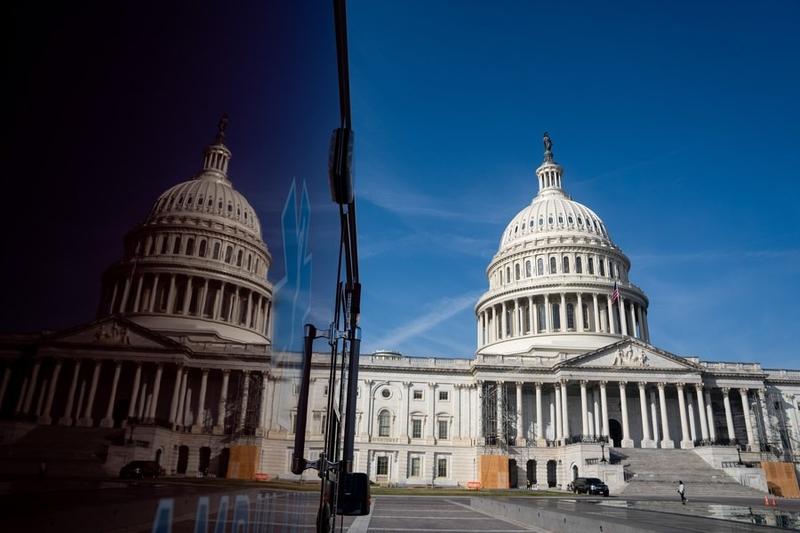 The US Capitol building is seen in Washington, DC, the United States, Nov 4, 2022. (LIU JIE / XINHUA)
The US Capitol building is seen in Washington, DC, the United States, Nov 4, 2022. (LIU JIE / XINHUA)
Republican Congressman Kevin McCarthy was elected speaker of the United States House of Representatives early on Saturday, after making extensive concessions to right-wing hardliners in his party. McCarthy's victory in the 15th ballot ended the deepest congressional dysfunction in over 160 years. But it sharply illustrated the difficulties he will face in leading a narrow and deeply polarized majority.
What this drama on Capitol Hill exposes is the political instability that will have an impact on the future of the United States and interests of its people.
The fact that McCarthy was elected only after agreeing to a demand by hard-liners that any lawmaker can call for his removal at any time makes it very difficult for him to exercise his power as speaker. Which means legislation will be very hard to be passed on critical issues such as funding the government, addressing the nation's looming debt ceiling and other crises that may arise.
In addition, the main tool for the speaker, on behalf of the majority, in controlling the House floor is the Rules Committee, which sets the terms of legislative debate, including which bills can be considered, for how long and — crucially — what amendments may be offered and by whom.
As part of McCarthy's compromise with the dissidents, he agreed to give the ultraconservative wing of the Republican Party approval power over one-third of the Republican members of the panel. In effect, that gives the extreme faction the ability to block any legislation it does not like from the floor, by banding together with Democrats on the panel who are all but certain to oppose most Republican bills.
Some Republicans might be inclined to vote for spending bills and a debt ceiling increase, not wanting to see a government shutdown or a debt default. They would have an incentive to work with Democrats on bipartisan deals that could make it through the Senate to President Joe Biden's desk.
But in the past couple of decades, Republican speakers have followed an unofficial, but hard-and-fast rule — known as the Hastert Rule — for the GOP speaker to not put forward any legislation that does not have the support of a majority of the majority. That means if conservatives are not on board, a bipartisan deal can never see the light of day on the floor.
As a result, under the new speaker, Congress will in all likelihood be a paralyzed one, and even the speaker himself runs the risk of being removed if he ever angers the right-wing faction.
The problem is that very few politicians in Washington are willing to put the interest of their country and people before that of the political factions that have an inordinate influence on US politics. This is exactly the root cause of this crisis around the election of the house speaker, and also the root cause of the political instability the country faces.


